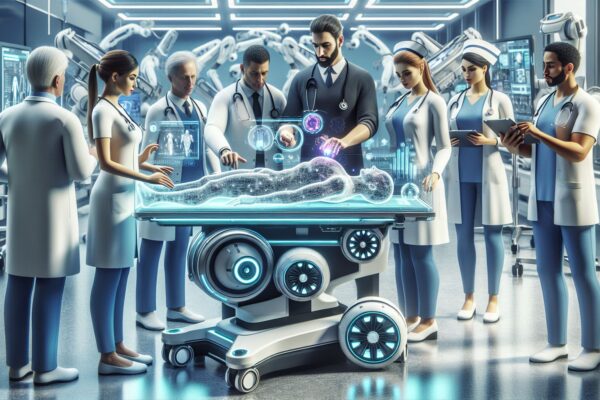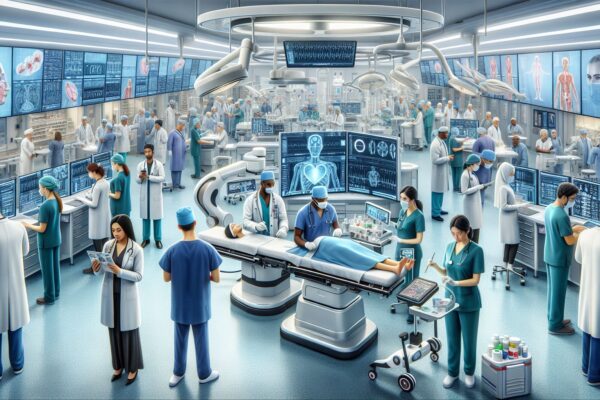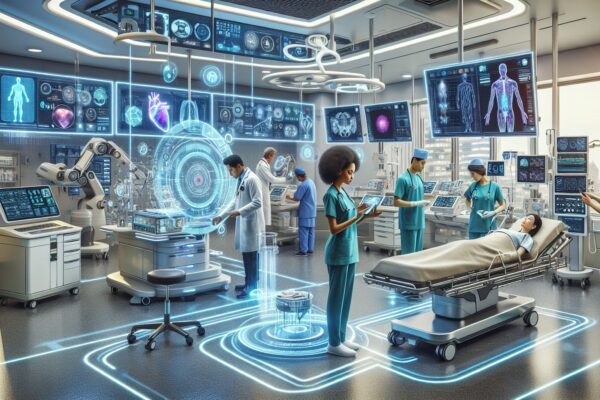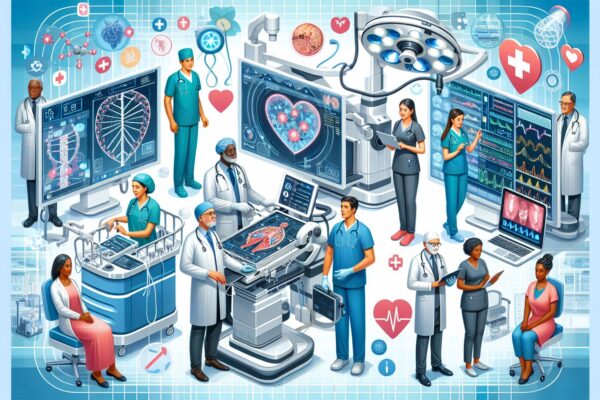As the world continues to evolve, so does the field of medical technology. With each passing year, we witness groundbreaking advancements that revolutionize the way healthcare is delivered, particularly within hospitals. These technological innovations have enhanced patient care, improved diagnosis and treatment, and ultimately saved countless lives. In this article, we will explore the pivotal role that medical technology plays in hospitals and the numerous benefits it brings to both healthcare professionals and patients.
Streamlining Workflow and Enhancing Efficiency
One of the primary advantages of medical technology in hospitals is its ability to streamline workflow and enhance overall efficiency. From electronic health records (EHR) systems to computerized physician order entry (CPOE) systems, these technological solutions have made the process of managing patient data and treatment plans significantly more efficient. By eliminating the need for paper-based records and automating administrative tasks, healthcare professionals can devote more time to patient care, resulting in improved outcomes and reduced errors.
Improving Diagnosis and Treatment
Medical technology has also greatly improved the accuracy and speed of diagnosis and treatment in hospitals. Advanced imaging techniques such as magnetic resonance imaging (MRI), computed tomography (CT), and ultrasound have transformed the way diseases and injuries are detected and diagnosed. These technologies provide detailed images that enable healthcare professionals to make more precise and timely diagnoses, facilitating the development of tailored treatment plans.
Furthermore, robotic-assisted surgeries have revolutionized the field of surgery. Robotic systems enable surgeons to perform complex procedures with enhanced precision, reduced invasiveness, and improved patient outcomes. These advancements have not only reduced the risks associated with surgery but also accelerated recovery times, allowing patients to resume their daily lives more quickly.
Enhancing Patient Care and Experience
Medical technology has significantly improved patient care and experience within hospitals. With the advent of telemedicine, patients can now receive medical consultations and follow-ups remotely, eliminating the need for unnecessary hospital visits, particularly for individuals residing in rural or remote areas. Telemedicine has also become indispensable in emergency situations, enabling healthcare professionals to provide real-time guidance while waiting for patients to arrive at the hospital.
Additionally, wearable devices and mobile health applications have empowered patients to actively participate in managing their own health. These technologies allow individuals to track various aspects of their well-being, including heart rate, blood pressure, and physical activity. By increasing patient engagement and providing valuable data to healthcare providers, these tools contribute to more personalized and effective interventions.
Conclusion
Medical technology continues to reshape the healthcare landscape, particularly within hospitals. Its impact on streamlining workflow, improving diagnosis and treatment, and enhancing patient care and experience is undeniable. As innovative technologies continue to emerge, hospitals must embrace these advancements to stay at the forefront of healthcare delivery. By harnessing the power of medical technology, hospitals can make remarkable strides in improving patient outcomes, ultimately leading to a healthier society.




